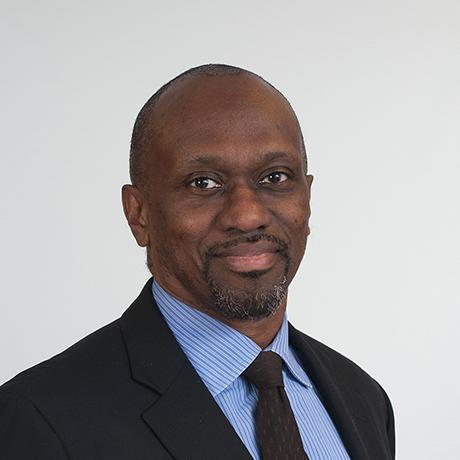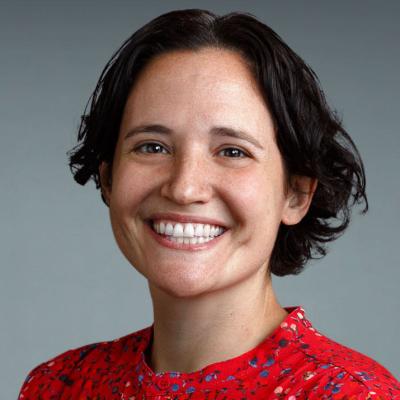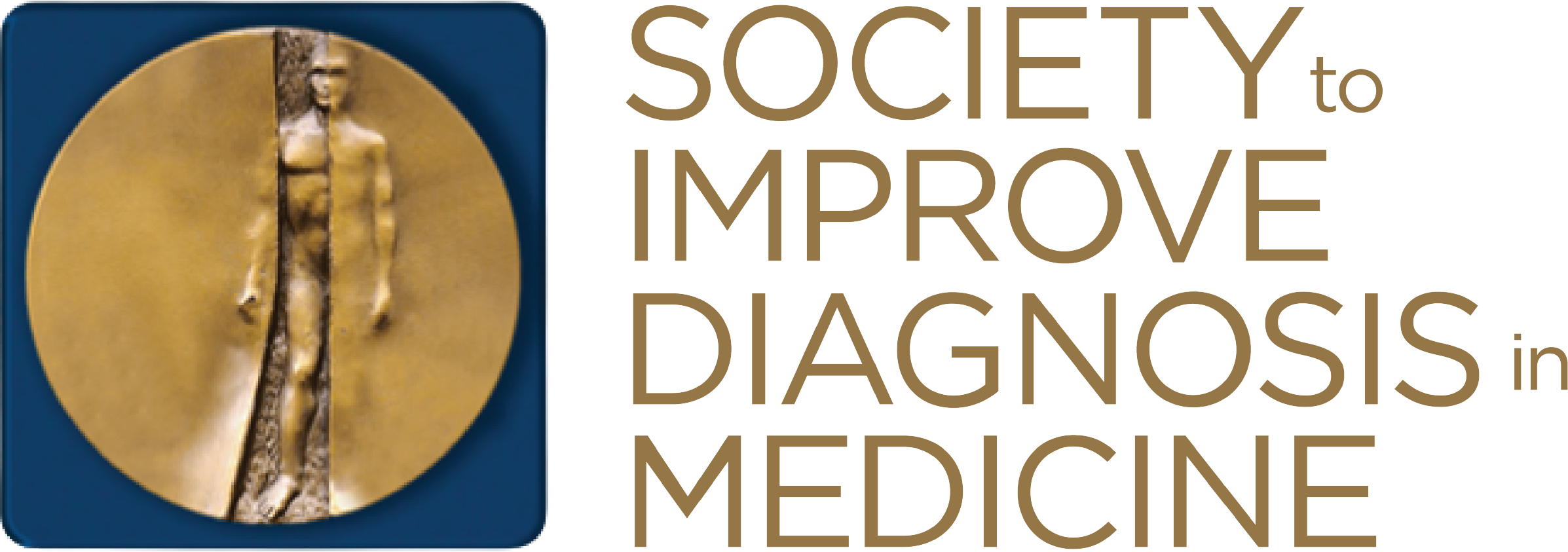Leading healthcare AI and informatics experts break through the hype and noise of Chat GPT and other large language models and forms of AI by discussing 5 key impacts of the technology as it inexorably penetrates the field of diagnostic improvement. Discussion will revolve around the fundamental question: how to re-imagine the diagnostic process given the capabilities of AI augmenting what humans uniquely bring to diagnosis, whether patients, clinicians, medical educators, or researchers. “AI for humans needs the human in AI.”
- How and when will AI demonstrate measurable improvement in diagnostic accuracy?
- How can patients effectively engage AI tools for self-diagnosis today?
- How can individual clinicians engage AI tools to improve diagnostic accuracy today?
- How will diagnostic AI be incorporated into health systems to improve diagnostic accuracy?
- What ethical and equity considerations need to be addressed as AI is increasingly used for diagnosis?
This is a NON-CME lunch event.
- x

Collin Stultz, MD, PhD
,Nina T. and Robert H. Rubin Professor, Electrical Engineering & Computer Science and Institute for Medical Engineering & ScienceMassachusetts Institute of Technology
Boston, MA,Director, Harvard-MIT Health Sciences & TechnologyMassachusetts Institute of Technology
Boston, MAAssociate Director, Institute for Medical Engineering and ScienceMassachusetts Institute of Technology
Boston, MADr. Collin M. Stultz is the Nina T. and Robert H. Rubin Professor in Medical Engineering and Science, a Professor of Electrical Engineering and Computer Science, Co-Director of the Harvard-MIT Program in Health Sciences and Technology, a member of the Research Laboratory of Electronics (RLE), and an associate member of the Computer Science and Artificial Intelligence Laboratory (CSAIL). He is also a practicing cardiologist at the Massachusetts General Hospital (MGH). Dr. Stultz received his undergraduate degree in Mathematics and Philosophy from Harvard University; a PhD in Biophysics from Harvard University; and a MD from Harvard Medical School. He did his internship, residency, and fellowship at the Brigham and Women’s Hospital in Boston. His scientific contributions have spanned multiple fields including computational chemistry, biophysics, and machine learning for cardiovascular risk stratification. He is a member of the American Society for Biochemistry and Molecular Biology and the Federation of American Societies for Experimental Biology and he is a past recipient of a National Science Foundation CAREER Award and a Burroughs Wellcome Fund Career Award in the Biomedical Sciences. Currently research in his group is focused on the development of machine learning tools that can guide clinical decision making.
- x

Arjun Manrai, PhD
,Assistant Professor of Biomedical InformaticsHarvard Medical School
Boston, MADeputy EditorNEJM AIArjun (Raj) Manrai, PhD is an Assistant Professor in the Department of Biomedical Informatics at Harvard Medical School, where he leads a research lab that works broadly on applying machine learning and statistical modeling to improve medical decision-making. Raj is also a founding Deputy Editor of NEJM AI, the new AI-focused journal from the publishers of the New England Journal of Medicine, and co-host of the NEJM AI Grand Rounds podcast. Focus areas for Raj’s research group include the clinical use of genomic data and blood laboratory biomarkers, inherited heart disease and kidney disease, decision making across populations, and reproducibility and robustness challenges for medical AI. His work has been published in the New England Journal of Medicine and JAMA, presented at the National Academy of Sciences, and featured in the New York Times, Wall Street Journal, and NPR. Raj is also closely involved in the mentoring of students at Harvard College, having served for over a decade as a Resident Tutor and now member of the Senior Common Room of Leverett House. Students from the lab have won the Rhodes, PD Soros, and other awards to continue their training and research in machine learning and medicine. Raj took the scenic route to medical AI, earning an AB in Physics from Harvard College followed by a PhD in Bioinformatics and Integrative Genomics from the Harvard-MIT Division of Health Sciences and Technology (HST). He resides in the Boston area and outside work he can usually be found losing home dance competitions to his 2 young daughters.
- x

Verity Schaye, MD, MHPE
NYU Grossman School of Medicine
New York City, NYVerity Schaye serves as the Assistant Dean of Education in the Clinical Sciences and the Director of Integrated Clinical Skills in the Office of Medical Education at NYU Grossman School of Medicine and clinically as an internal medicine hospitalist at Bellevue Hospital. She completed her MD in 2008 and completed her internal medicine residency training at New York university School of Medicine in 2011. In 2016, she received a MHPE from Maastricht University with an education research focus in best practices to teach and assess clinical reasoning and also serves as the Assistant Director for Curricular Innovation in the Institute for Innovations in Medical Education at NYU focusing on innovative assessment of clinical reasoning including use of artificial intelligence to assess clinical reasoning documentation. She was a SIDM Fellow in 2019 and is chairing this year's conference.




